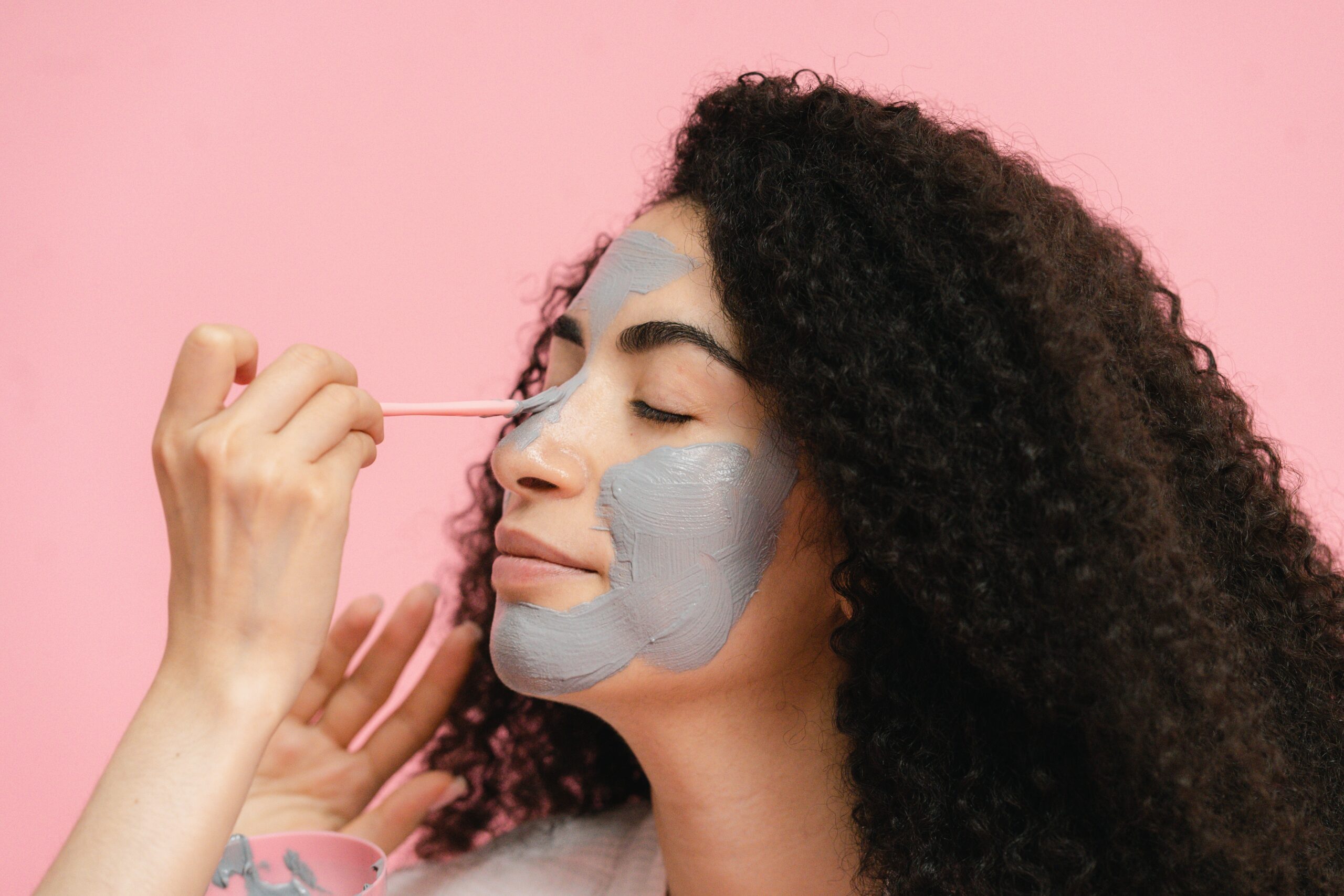Bentonite clay has been used throughout the centuries to help improve the health and beauty of the skin. This natural substance is a powerful detoxifying agent that helps to draw out toxins, impurities, and other foreign substances from the body. Its unique properties also make it an effective tool for boosting skin hydration, reducing blemishes, and calming inflammation. Recently, it has become increasingly popular as a naturally-derived skincare ingredient among men and women.
What is bentonite clay?
Bentonite clay is a healing clay used by many cultures worldwide for centuries. This clay is derived from volcanic ashes, which are rich in minerals. It has been traditionally used to detoxify the body and promote healthy skin.
The clay draws out toxins from the body’s cells through its negative charge. When mixed with water or other liquids, it becomes negatively charged and binds to positively-charged particles such as heavy metals and toxins in the body. This process helps to detoxify the body more effectively than traditional methods like herbal supplements or fasting. It also helps absorb impurities and balance pH levels on the skin’s surface, making it great for treating acne, psoriasis, eczema, and insect bites.
Benefits of bentonite clay
Bentonite clay is a natural and effective way to treat skin conditions. With its unique properties, bentonite clay can be used in various products, from facemasks to body wraps.
- Bentonite clay absorbs excess oils on the skin’s surface, which helps reduce shine and provides a matte finish throughout the day. It can also help even out patchy or dry areas by restoring moisture balance in those sections without making them oily or greasy.
- Bentonite clay for the skin is the perfect natural remedy for clearing breakouts and reducing inflammation. Whether you suffer from chronic acne or an occasional breakout, bentonite clay can reduce redness and swelling.
- The healing properties of bentonite clay are known to be highly beneficial for the skin, especially when it comes to reducing the appearance of enlarged pores. The clay works by drawing out dirt, bacteria, and other impurities that can clog up pores and give them an enlarged appearance.
- Due to its anti-aging properties, bentonite clay is widely used for treating wrinkles, fine lines, and other signs of aging. Studies prove that applying topically on the face or body as part of a regular skincare routine can help reduce wrinkles and roughness while leaving skin feeling soft and smooth.
- Applying bentonite clay topically helps reduce inflammation, redness, and itching associated with various skin conditions like dermatitis or eczema while moisturizing and hydrating the affected area.
- In addition to its ability to tighten the skin’s surface, bentonite clay also has powerful regenerative properties that help support healthy cell regeneration within the tissues. This can reduce wrinkles and fine lines while simultaneously strengthening the underlying structure of your skin for a more youthful appearance.
Side effects of bentonite Clay
Bentonite clay has become increasingly popular for its purported skincare benefits, such as detoxifying pores and reducing inflammation. However, with any topical treatment comes the potential for side effects. Before using bentonite clay on your face or body, it’s important to understand how it might affect you personally.
Using bentonite clay may cause skin dryness, redness, and irritation in some individuals. Its abrasive texture can also cause micro-tears in the skin if used too frequently or too high of a concentration. Additionally, bentonite clay is not recommended for sensitive skin since it can irritate preexisting conditions like eczema and psoriasis. It is always best to do a patch test before application to determine individual sensitivity levels.
How to use bentonite clay for skin?

Today, bentonite clay has become increasingly popular for its skin-care benefits. Many people are now using it to detoxify their skin, reduce inflammation and acne, soothe sunburns, and even reduce the appearance of wrinkles. Here are some tips on how to use bentonite clay for skin:
Face mask to remove blackheads
Using bentonite clay on the skin can help reduce inflammation and clear blackheads and blemishes. To make a face mask, the best way to use bentonite clay for skin is by mixing it with a few other vital ingredients like Jojoba oil. To create this face mask, combine two tablespoons of bentonite clay with one teaspoon of Jojoba oil in a bowl or cup until they form a smooth paste. Next, apply the paste all over your face using gentle circular motions avoiding the eye area, and leave it on your skin for 10-15 minutes before rinsing off with warm water.
Face mask for managing acne
First, mix one tablespoon of bentonite clay with two teaspoons of distilled water or rosewater. Add five drops of tea tree oil to the mixture and mix well until you have created a smooth paste. Apply the paste evenly onto your face and leave for 10-15 minutes until dry. Rinse off with lukewarm water, then apply moisturizer as usual.
Face mask for radiant skin
Mix one tablespoon of bentonite clay with water to form a paste. For extra nutrients, you may add some essential oils like lavender, rosemary, or tea tree oil. Apply the paste on your face, avoiding the eyes and lips. Let it sit on your face for up to 10 minutes before rinsing it with warm water. Doing this face mask once or twice a week will help detoxify and nourish your skin while helping reduce inflammation and blemishes over time.
Final words
In conclusion, bentonite clay has numerous benefits for the skin, from treating acne to softening and purifying the skin. It is a natural and cost-effective alternative to many harsh chemicals in today’s skincare products. It’s also straightforward to use in your skincare routine and is available in various forms, including masks and cleansers. Additionally, its easy availability makes it a convenient tool for those seeking better skin care. With all these positive attributes, bentonite clay is an excellent choice for achieving healthier and younger-looking skin.

